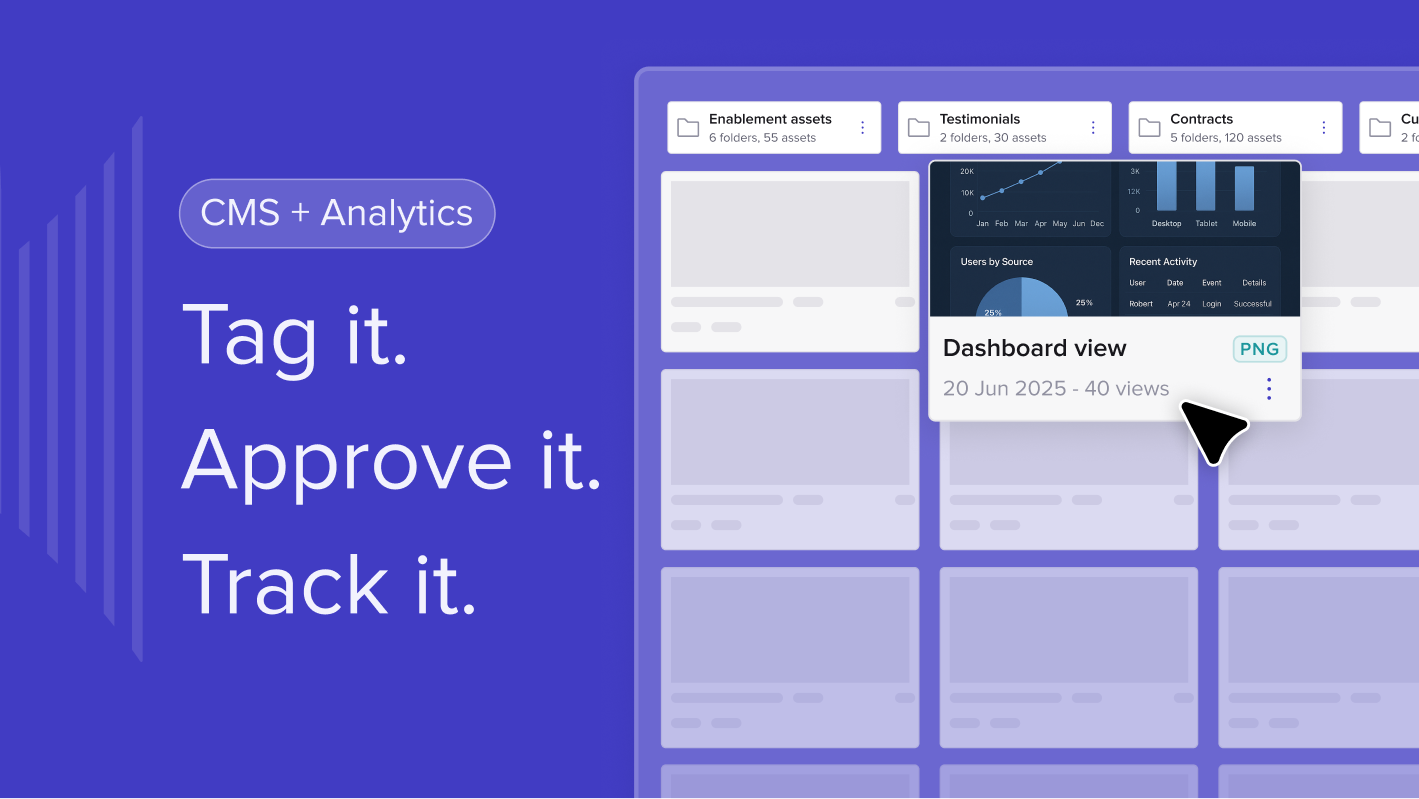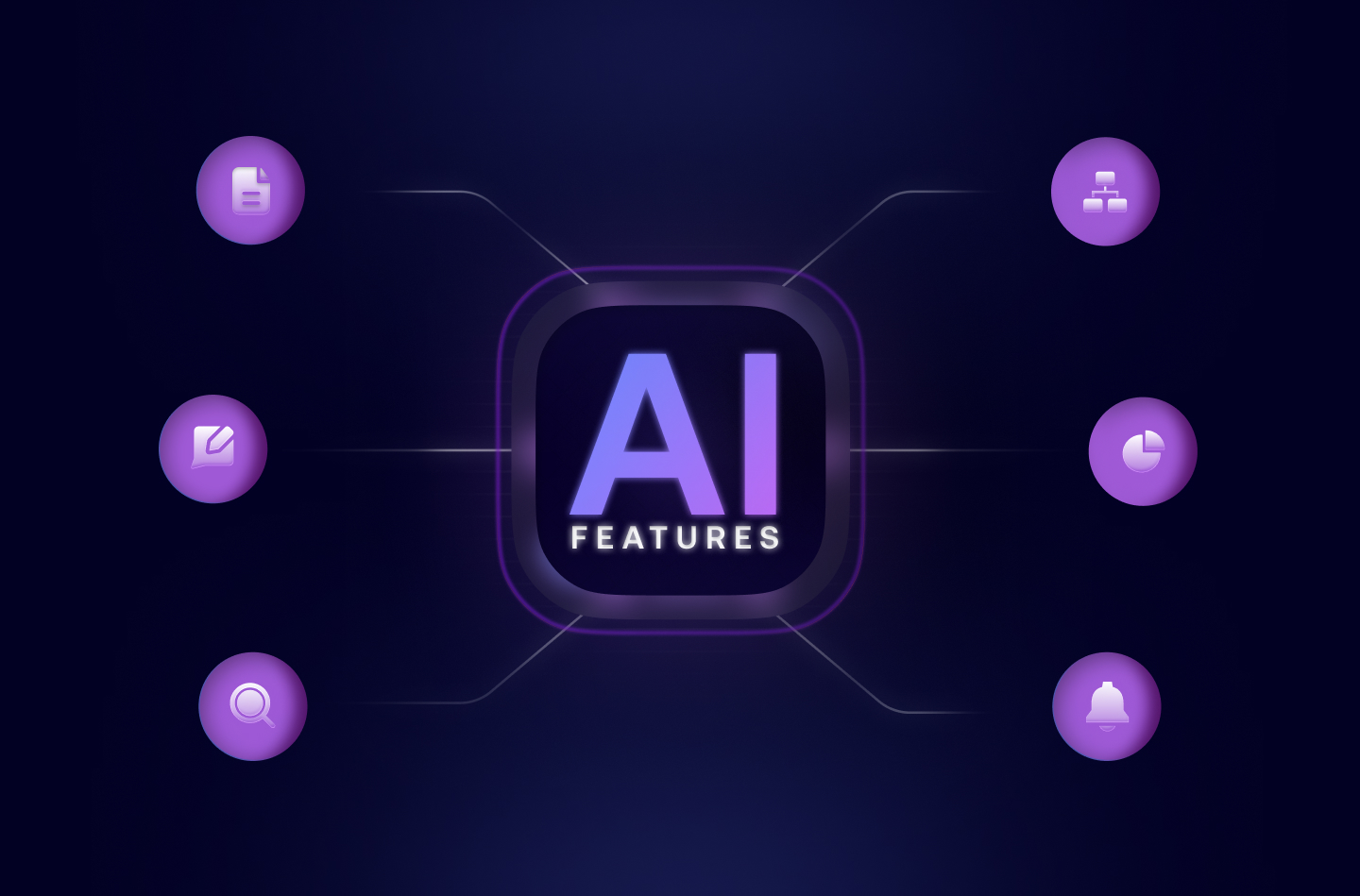In the modern world, scaling your sales performance isn't just about having a team of charismatic salespeople.
Technology has revolutionized the business landscape, and digital sales tools are now an essential part of any successful sales strategy.
Whether it's customer relationship management (CRM) systems, artificial intelligence (AI) or sales automation software, these tools offer innovative ways to increase efficiency, streamline processes and, ultimately, improve your bottom line.
So, grab a cup of coffee, sit back, and let's explore this exciting world of digital sales tools and how they can supercharge your sales performance.
Digital Tools: The Secret Weapon of Modern Sales Teams
Think of digital sales tools as your ultimate sidekick, the Robin to your Batman. They're like a super-powered personal assistant that can help with everything from strategic planning to the nitty-gritty of daily tasks. From pipeline management and digital prospecting to personalized customer engagement, training, and more, these tools harness the power of cloud technology, automation, and AI to optimize your sales team's efforts.
You may already be familiar with some types of sales software, like CRM systems, which have been popularized by giants like Salesforce. But there are also many emerging tools offering innovative features such as digital sales rooms, AI-guided selling, and sales coaching platforms. The bottom line? No matter what challenges your team is facing, there's likely a digital tool out there that can help.
The Magic of Sales Automation
Sales automation is a game-changer. It's all about using advanced software to reduce the amount of manual work involved in your sales processes.
Whether it's organizing your sales pipeline, managing your CRM, or coordinating your email and analytics apps, sales automation tools can take on the mundane tasks, freeing up your team to focus on nurturing leads and closing deals.
But it's not just about efficiency. Sales automation also plays a crucial role in modernizing your go-to-market (GTM) strategy. By combining your sales playbook with advanced analysis and automation technologies, you can dramatically enhance your results, regardless of the size of your team.
The Perks of Going Digital
Once upon a time, sales was a very manual, time-intensive process. From the initial cold call to the final contract signing, a sale could demand a lot of time and effort from several people. But with the advent of sales technology, even the most complex sales cycles can be made more efficient. Here's how:
- Maximized Efficiency: The best B2B sales tools often use automation to streamline workflows, replacing tasks that were once done manually. They can also manage customer data, track pipeline status, and even oversee internal processes like new-hire training.
- Enhanced Team Collaboration: Miscommunication can be a thing of the past with a digital tool that acts as a single source of truth for marketing and sales teams. Everything from email campaigns to content usage can be tracked, making it easier to measure their impact on the sales funnel.
- Personalized Customer Experiences: There's nothing worse than a one-size-fits-all approach when it comes to customer communication. Sales tools allow your team to tailor their messaging for specific buyers, providing relevant content that matches the buyer's stage in the customer journey.
- Scalability: Whether you're expanding your team or venturing into a new market segment, sales tools provide an easy way to scale your content, sales processes, and reporting.
The All-Stars of Sales Tools
With a plethora of sales tools to choose from, it can be a bit overwhelming figuring out which ones are right for your team. But don't worry, we've got your back! Here's a rundown of the different types of sales tools you should consider, how they can benefit your team, and some examples of the top players in each category.
Customer Relationship Management (CRM)
Managing thousands of relationships at once is no small feat. CRM systems act as a central hub of information, keeping track of everything from contact details and past outreach to pipeline status. Salesforce is the major player here, but there are plenty of other contenders like Microsoft Dynamics and Netsuite CRM that are worth a look.
Productivity and Collaboration Tools
While not specifically sales-targeted, productivity and collaboration tools like Google, Microsoft Teams, and Slack are essential for internal communication and efficiency. Slack, for instance, has been shown to reduce the number of emails by 32% and meetings by 23%, freeing up your team's time for more important tasks.
Lead Generation Tools
Lead generation tools help collect, segment, and nurture leads that come in through sourcing, inbound marketing, and demand generation efforts. HubSpot is a big name here, offering automated follow-ups to keep leads warm until they're ready to buy.
Account-Based Sales and Marketing Tools
Account-based strategies have been taking the business world by storm. These tools help organizations execute highly personalized selling and marketing strategies, targeting specific accounts.
Content Management Tools
Sales and marketing teams generate a ton of content, from presentations and brochures to demos. A sales content management platform, like the one offered by the Seismic Enablement Cloud, can provide a single home for all your sales content, making it easily accessible for your team.
Sales Engagement Tools
Sales engagement tools, like those offered by SalesLoft, Outreach, and Groove, can help accelerate deal cycles by delivering hyper-targeted content quickly. Plus, once the content is sent to the prospect, these tools can track views and engagement, providing insightful data to your team.
Sales Readiness and Learning and Coaching Tools
Sales readiness tools are all about making sure your team is prepared for buyer interactions. They offer engaging training, coaching, and skill assessments, making them particularly useful for onboarding new team members and getting them up to speed on your products, brand, and selling culture.
Sales Intelligence Tools
Sales intelligence tools give sales and leadership teams a unified view of current and future performance. While many tools like Seismic include analytics, there are also many sophisticated business intelligence platforms, such as Domo, that can help with forecasting.
Points to Ponder Before Buying
With so many sales tools out there, finding the right one can be daunting. But don't fret! Here are some steps you can take to narrow down your options:
- Talk to Your Sales Team: Understand their current challenges and where they feel they could use more support. You can do this through a survey or a focus group with your sellers.
- Review Your Metrics: Identify weak points in your sales funnel that need improvement. That will help you choose tools that can support your team and align with your business goals.
- Plan for the Future: Are you planning to expand your team? If so, investing in training and alignment tools can be a wise move. Think about where your business is heading and choose tech that supports your journey.
- Research and Demo: Before committing to any platform, take the time to understand the landscape. Is the tool user-friendly? Cost-effective? Chat with vendors or other organizations that use the solution you're considering before you sign on the dotted line.
The Power of Unified Solutions
While having the right tool at the right time is crucial, having a unified solution that covers your entire sales process is even better. A unified solution like the Seismic Enablement Cloud empowers your entire GTM team with the skills, content tools, and insights they need to grow.
With integrations with all the top GTM technologies, the Seismic Enablement Cloud includes sales content management, learning and coaching, buyer engagement, personalization, and intelligence sales tools, all in one intuitive user interface.
The Flip Side of Automation
Automation sounds great, but it's not without its challenges. Automation can sometimes result in a loss of personal touch, making your outreach feel robotic or impersonal. Some tools might not integrate well with others in your sales tech stack, leading to data silos. And let's not forget, these tools are an investment. Make sure your organization is ready for the changes that come with these new tools.
Embarking on Your Automation Journey
Spending too much time on admin tasks isn't just boring—it's costing your business money. With sales automation and the right digital tools, you can streamline your operations, allowing your team to spend more time on selling, closing leads, and boosting revenue. Ready to take the leap? Remember, the world of digital sales tools is vast and exciting. Have fun exploring!
So, there you have it, folks! A quick rundown of how digital sales tools can level up your sales game. Remember, in this digital age, it's not just about having a killer sales pitch. It's about harnessing the power of technology to boost your sales performance. Now, go forth and conquer the sales world! 💪😎💼🚀

.svg)
.svg)
.svg)
.svg)
.svg)
.svg)
.svg)
.svg)
.svg)
.png)
.svg)
.svg)
.svg)
.svg)

.svg)
.svg)
%201.svg)
.svg)
%201.svg)



.svg)






.png)















![How to Get Started with Buyer Enablement [With Examples]](https://cdn.prod.website-files.com/65cf4fecbed2754c2236665d/65cf4fecbed2754c22366bdb_65a5af83e742f76e34ce06f3_Customer%2520Onboarding%2520_%2520Everything%2520you%2520need%2520(2).png)
.png)



.png)



.png)









.png)


.png)

.png)
.png)







